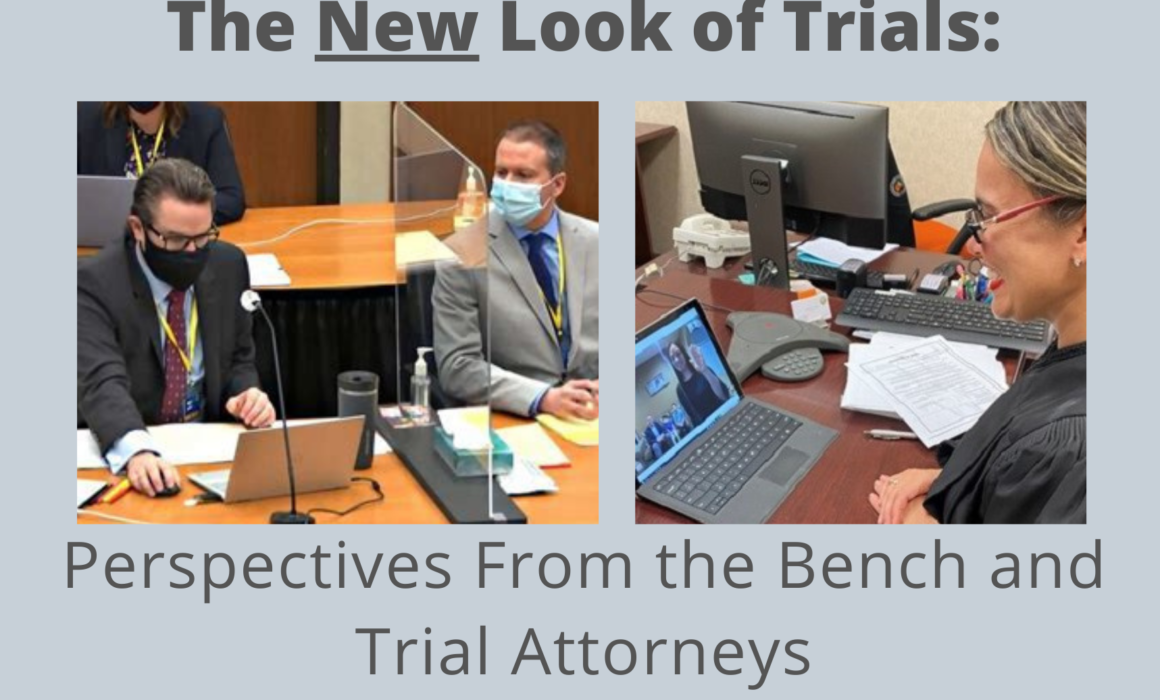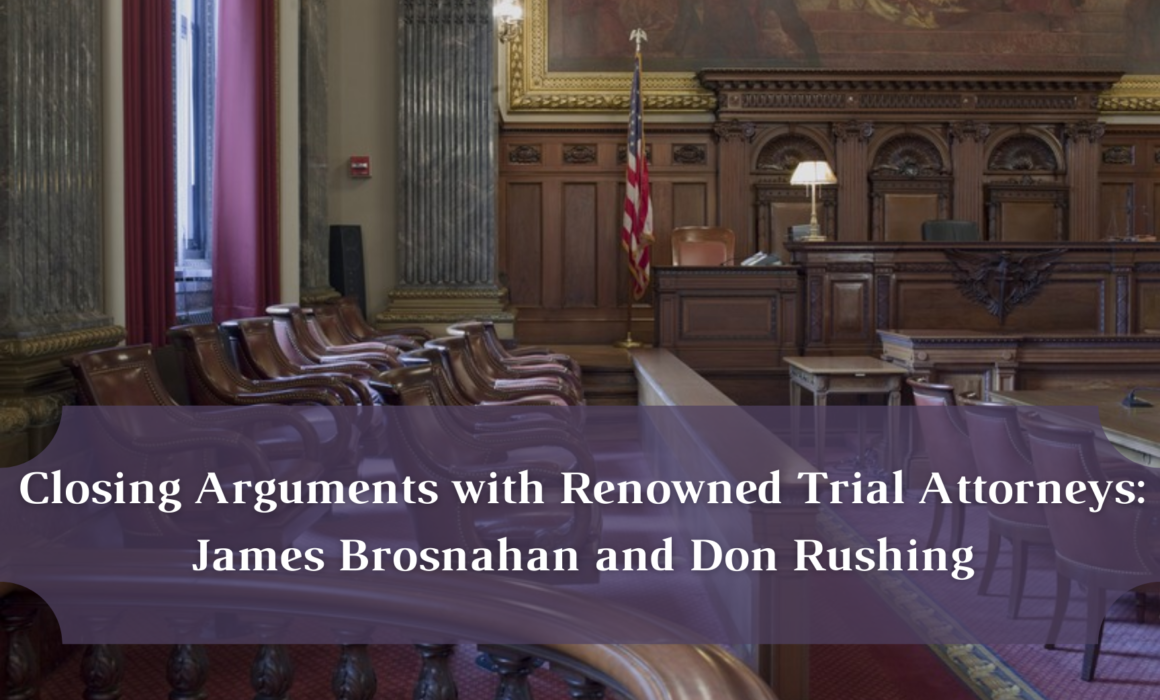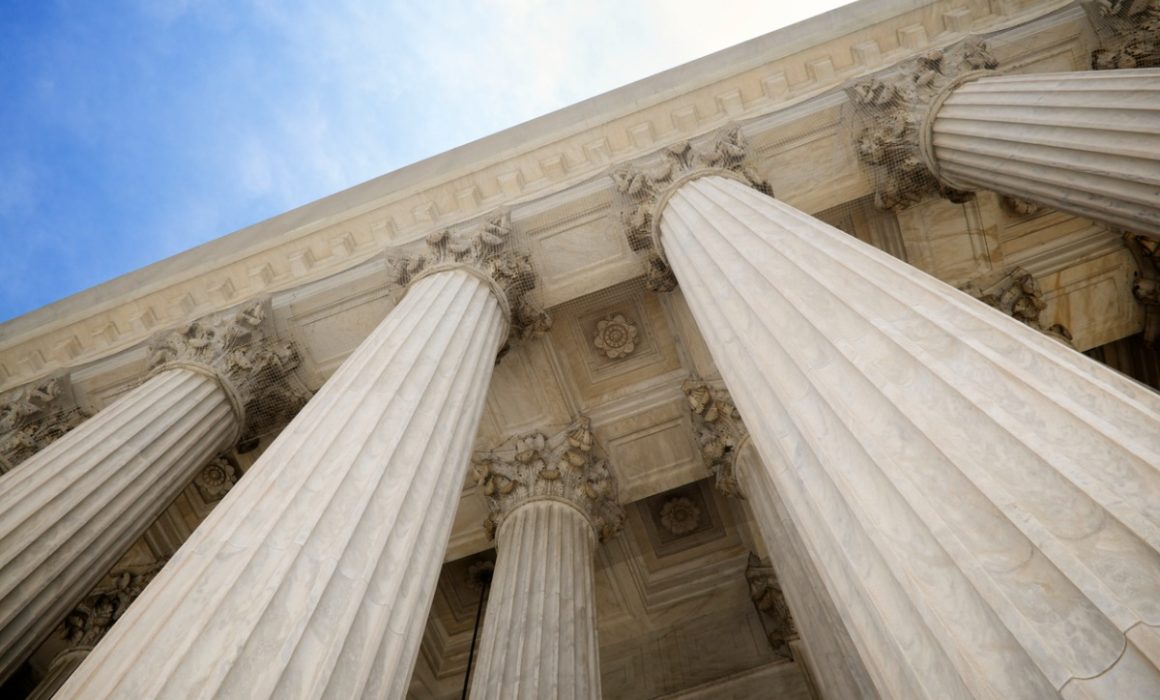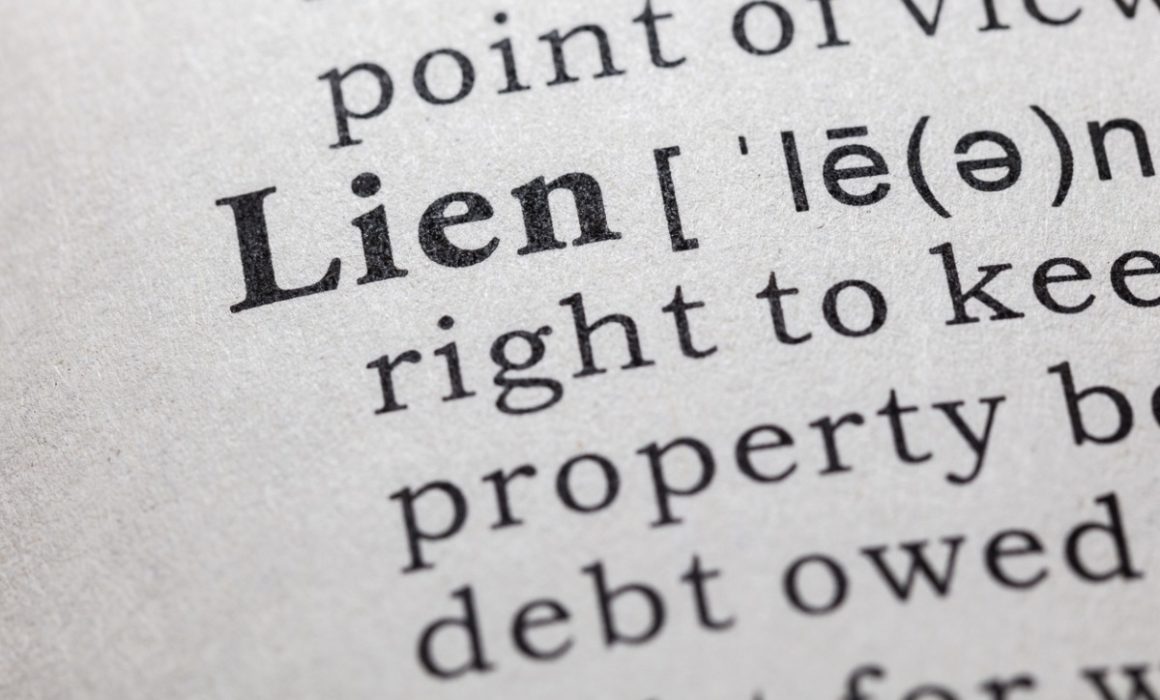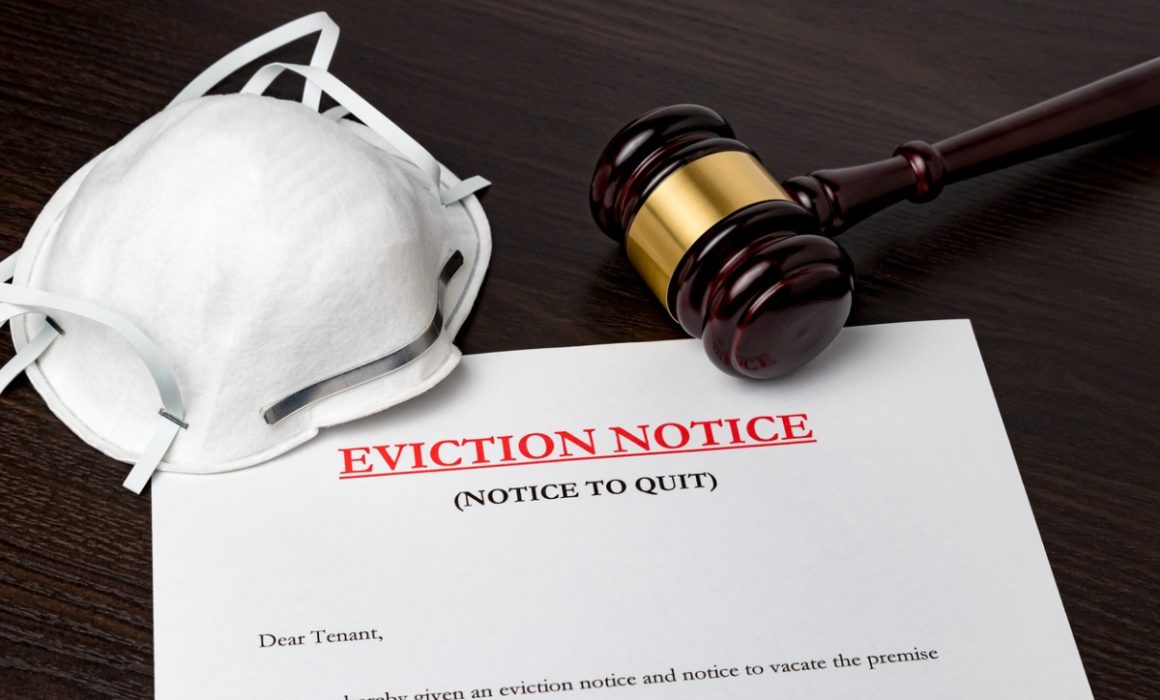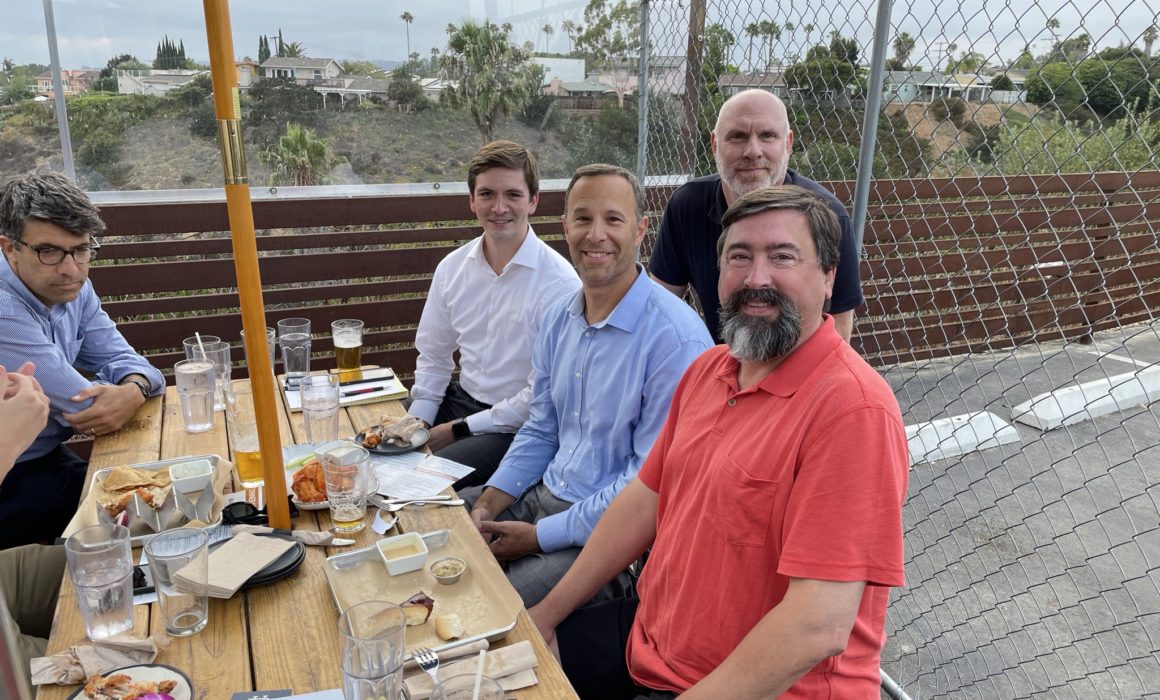The New Look of Trials
As the Chair of the Civil Litigation Section of San Diego County Bar Association, Sean Ponist invites you to attend the section’s upcoming seminar entitled “The New Look of Trials: Perspectives From the Bench and Trial Attorneys” which takes place December 15, 2021. While trials are back in full swing, they don’t “look” entirely the same. This presentation explores new issues and challenges, as well as means of overcoming them, in the pandemic.
Read More


